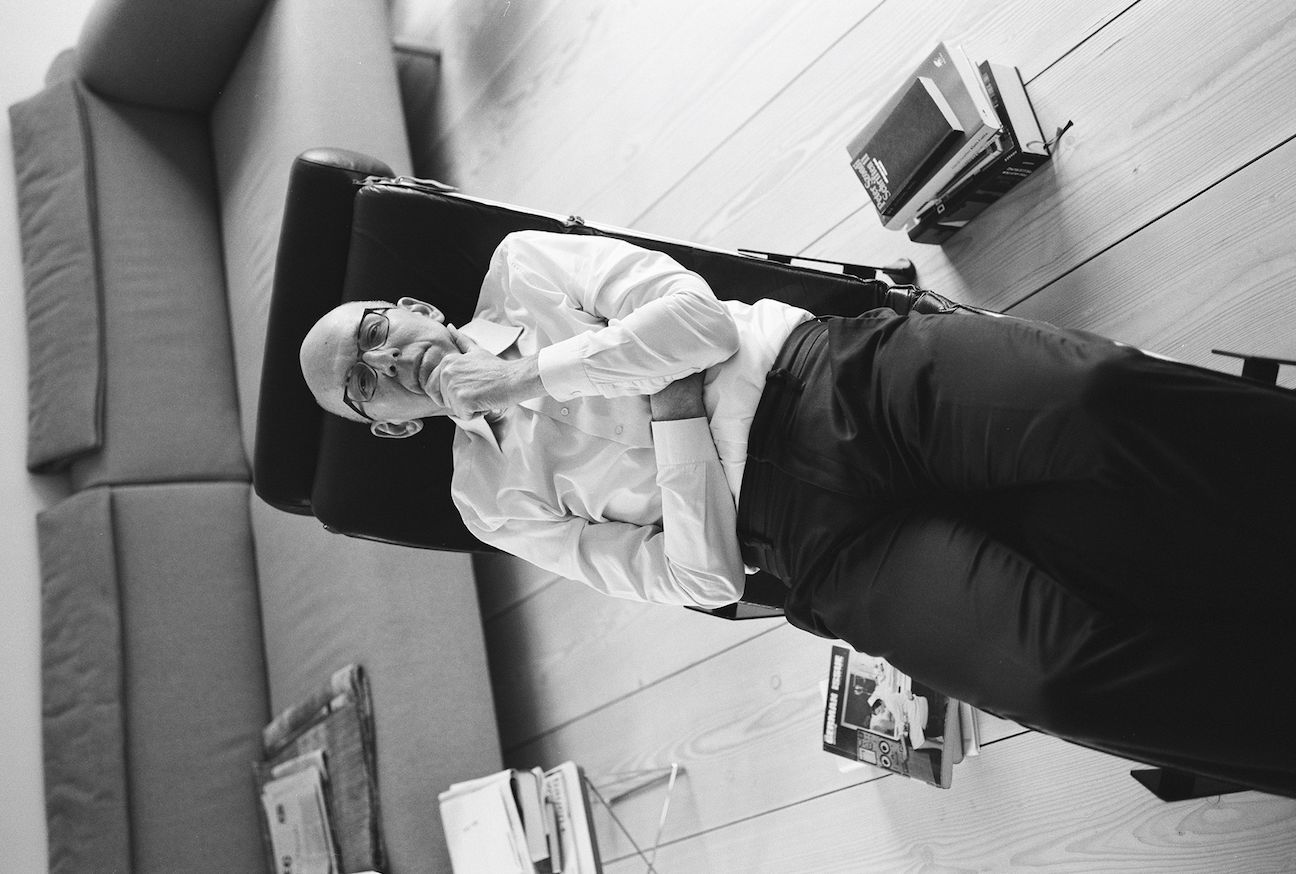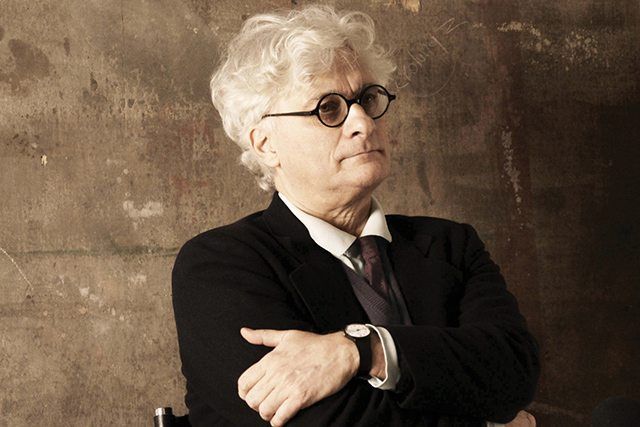The End is Near: ALEX S. VITALE on the ugly origins of law enforcement – and how to #defundthepolice
|Gregor Quack
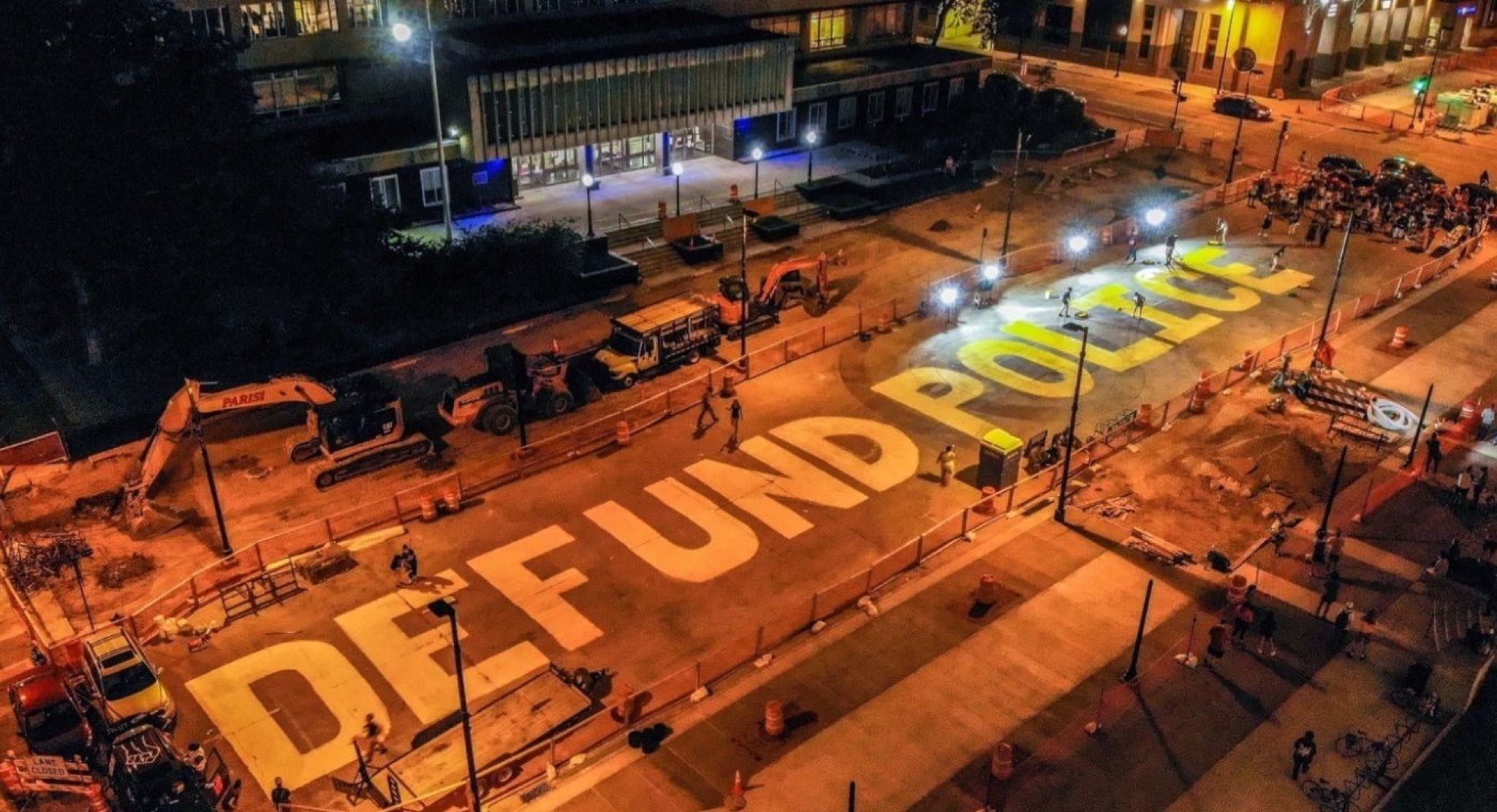
As the call for local governments to #defundthepolice grows louder across America with each act of violence, ALEX S. VITALE’s 2017 The End of Policing has reemerged with vigor, circulating the Internet as free downloadable PDFs and headlining the recommended reading lists on police brutality and abolition. Vitale is a professor of sociology and the coordinator of the Policing and Social Justice Project at Brooklyn College, and his career has been dedicated to the nature of modern policing. The End of Policing is the book of reference for the ugly origins of police authority, its inherent incompatibility with community empowerment, social justice, and public safety. The author spoke to 032c contributor Gregor Quack about the shifting tide that has brought police budget cuts to major cities, cop show cancellations to major TV networks, and abolitionism to Instagram feeds.
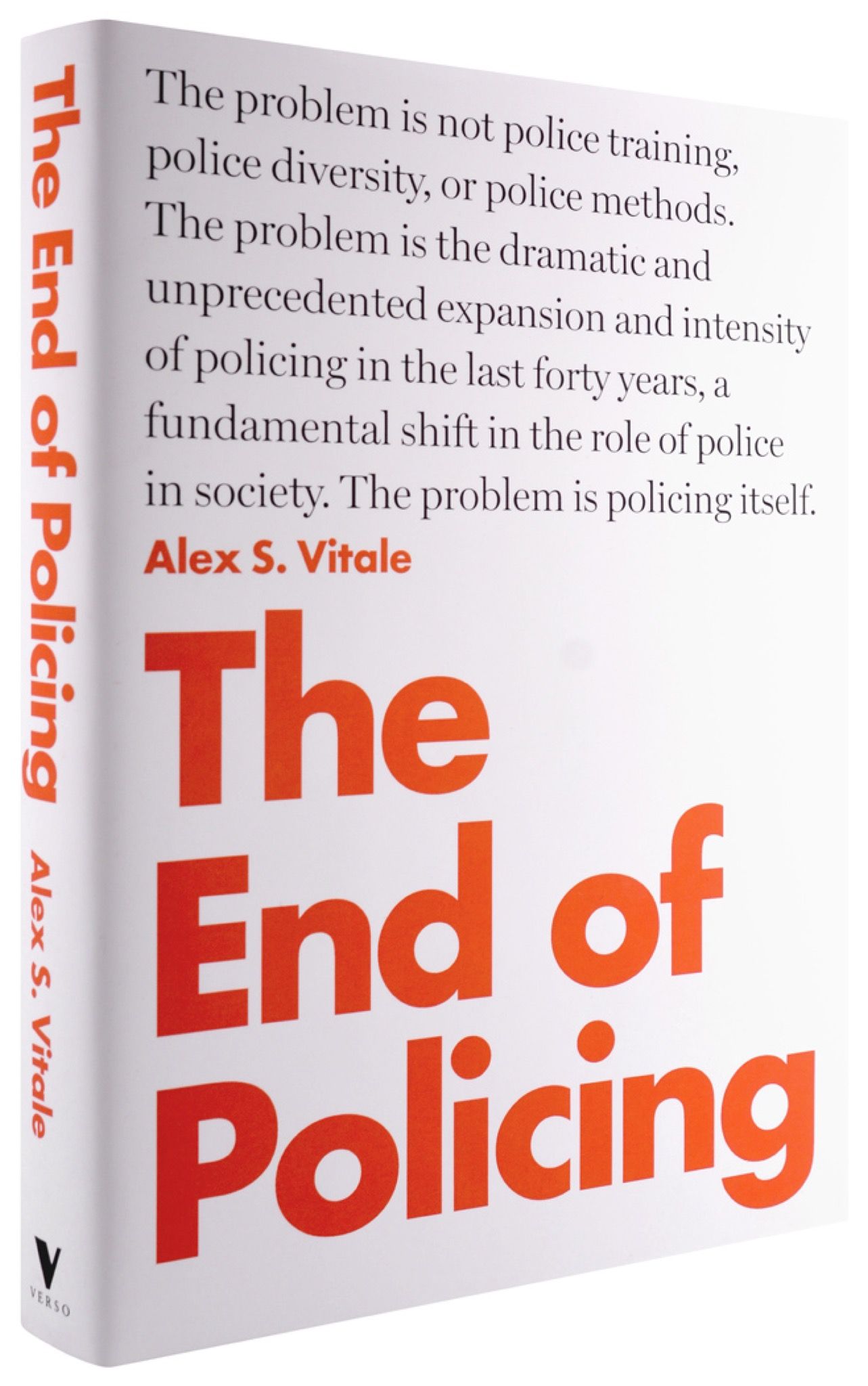
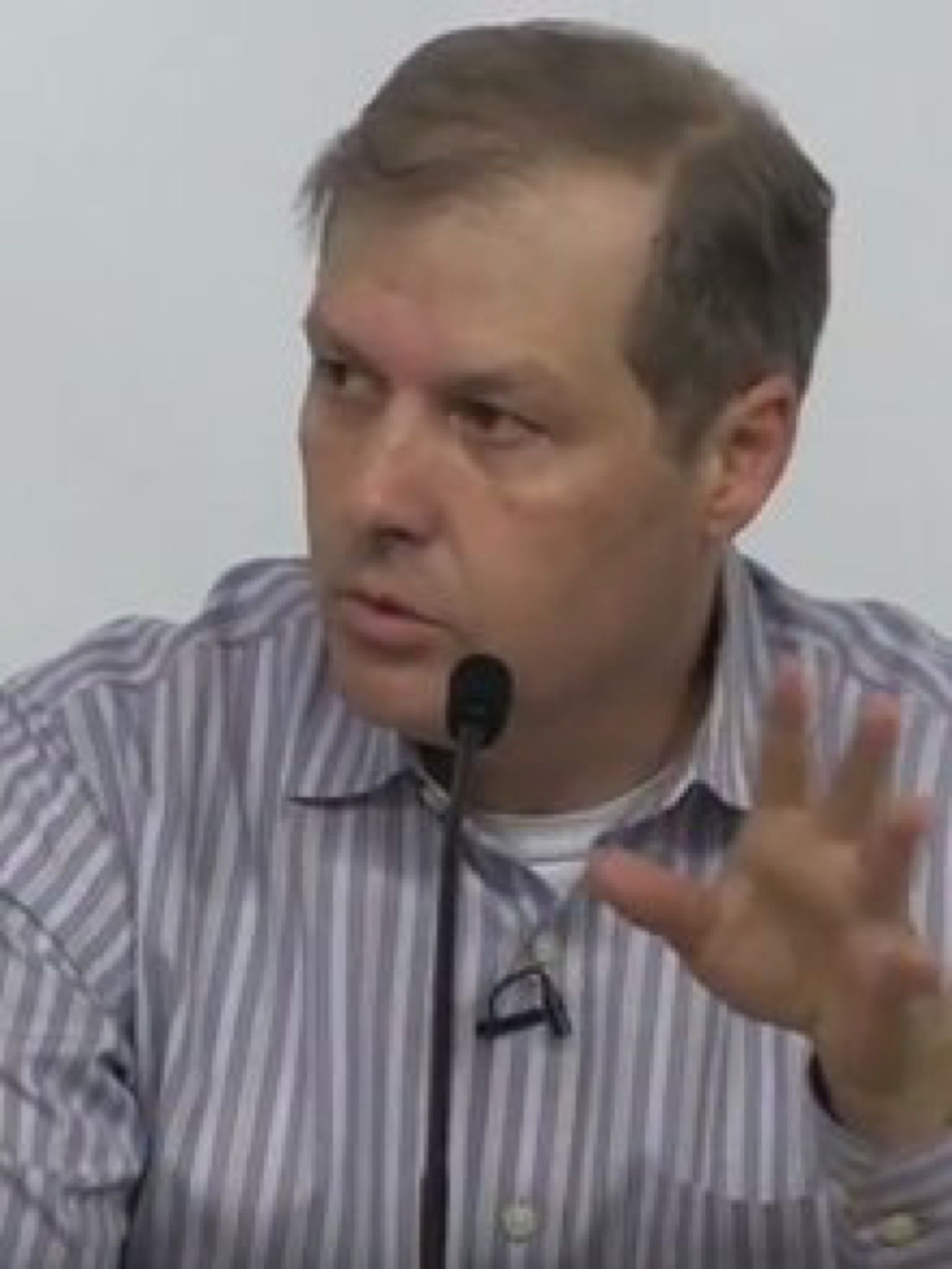
Gregor Quack: In 2017, you published The End of Policing. Since the murder of George Floyd and the new wave of protests against police brutality that it sparked around the world, people are revisiting your book now. But obviously nothing about the problem is new. How did American policing get here?
Alex S. Vitale: Policing has always been a problem in the United States. It has been around for a couple of hundred years and it was linked to slavery, American colonialism, and the suppression of workers movements from the beginning. On top of that, over the last 40 to 50 years American policing has radically expanded in terms of its scope and intensity. As neoliberal economic policies exacerbated social problems, the police has been asked to manage everything from mass homelessness to mass untreated mental illness and failing schools. Over exactly the same period, police have consistently been told that they’re waging a war on drugs, a war on crime, a war on gangs, a war on disorder. The idea was to imbue police officers with a “warrior mentality,” and eventually the 1033 program also supplied them with the military hardware necessary to put that into practice.
In your book, you describe all of this as a series of calculated political decisions.
Right. One starting point is the Nixon administration’s decision to initiate a federal “war on drugs” that was never really about public health or public safety, or really even about drugs. Instead, it was an attempt to signal a kind of racist retrenchment in the face of the civil rights movement – the southern strategy. The goal was to attract poor white democrats to the Republican Party. Unfortunately, this became such a successful strategy that, eventually, both parties adopted it. Every subsequent administration tries to one-up the other and, by 1994, you have the Clinton administration passing a crime bill that imposes outrageous minimum sentencing guidelines for all kinds of minor offences, and channels billions of federal dollars into local police departments and the construction of new jails and prisons. Over time, local mayors and local elected prosecutors began to fully embrace this approach, leading to the mass incarceration and rampant police abuse we have today.
And the intellectual justification came straight from the highest echelons of American academia, right?
Right. The “broken windows” theory of policing emerged in the early 1980s out of the work of some deeply conservative, politically motivated public intellectuals who were supporting the retrenchment in the wake of the civil rights movement by promoting “law and order” solutions to every urban social problem. In turn, those solutions were part of an effort to delegitimize social services and social welfare programs. Instead of lifting up the poor, there was a concerted effort to turn every social problem into a criminal justice problem. [These conservatives] based their arguments on a spurious analogy that was never peer-reviewed or verified, but conveniently supported their agenda. The idea was that if they aggressively targeted non-criminal disorderly behavior, it would establish a sense of law and order on the streets that would ultimately also benefit the economy, reduce serious crime, and so forth. Of course, there was never any empirical evidence to support this idea. But it was nevertheless extremely successful at providing political cover for the mass criminalization of poverty.
“I think we need to completely reconsider what we mean when we say “justice.” In the United States, justice almost always means punishment.”
So, the problem is old, but what we do see is increasing awareness. For the first time, there seems to be broad agreement that something is wrong with the amount of police violence in America. At least since the protests in Ferguson, local governments have gestured at reforming the way their police departments work. What is your take on these reforms?
For the last six years, in the wake of the deaths of Sandra Bland, Eric Garner, Mike Brown, Tamir Rice, and many others, we have been told that policing would get fixed. The Obama administration formed the Task Force on 21st Century Policing, and mayors across the country said that they would begin implementing the reforms that it suggested. In fact, Minneapolis was the poster child for these procedural justice reforms. There were things like implicit bias training, mindfulness training, community police encounter sessions, and so many body cameras.
An approach that you found insufficient.
Most of these reforms amounted to police departments sitting in circles to talk about racism. The problem is that this approach is designed to hold individual officers accountable or to help them overcome unconscious bias. It completely ignores the fact that racism and economic inequality are structural. These reforms assume that things like racial disparities in arrest numbers or disparities in who gets killed by the police are the result of these individual discretionary decision-making processes by officers. What they fail to address are the much higher-level political decisions to turn certain community problems over to the police. Rather than trying to give narcotics units anti-bias training, we could simply get rid of the “war on drugs.” The race and class inequalities of drug enforcement come from the decision to turn drugs into a police problem in the first place. All of this is why the movement we’ve seen in recent weeks has been so angry. People they feel like they were sold a bill of goods. That is why they are calling to defund the police rather than calling for body cameras and community policing.
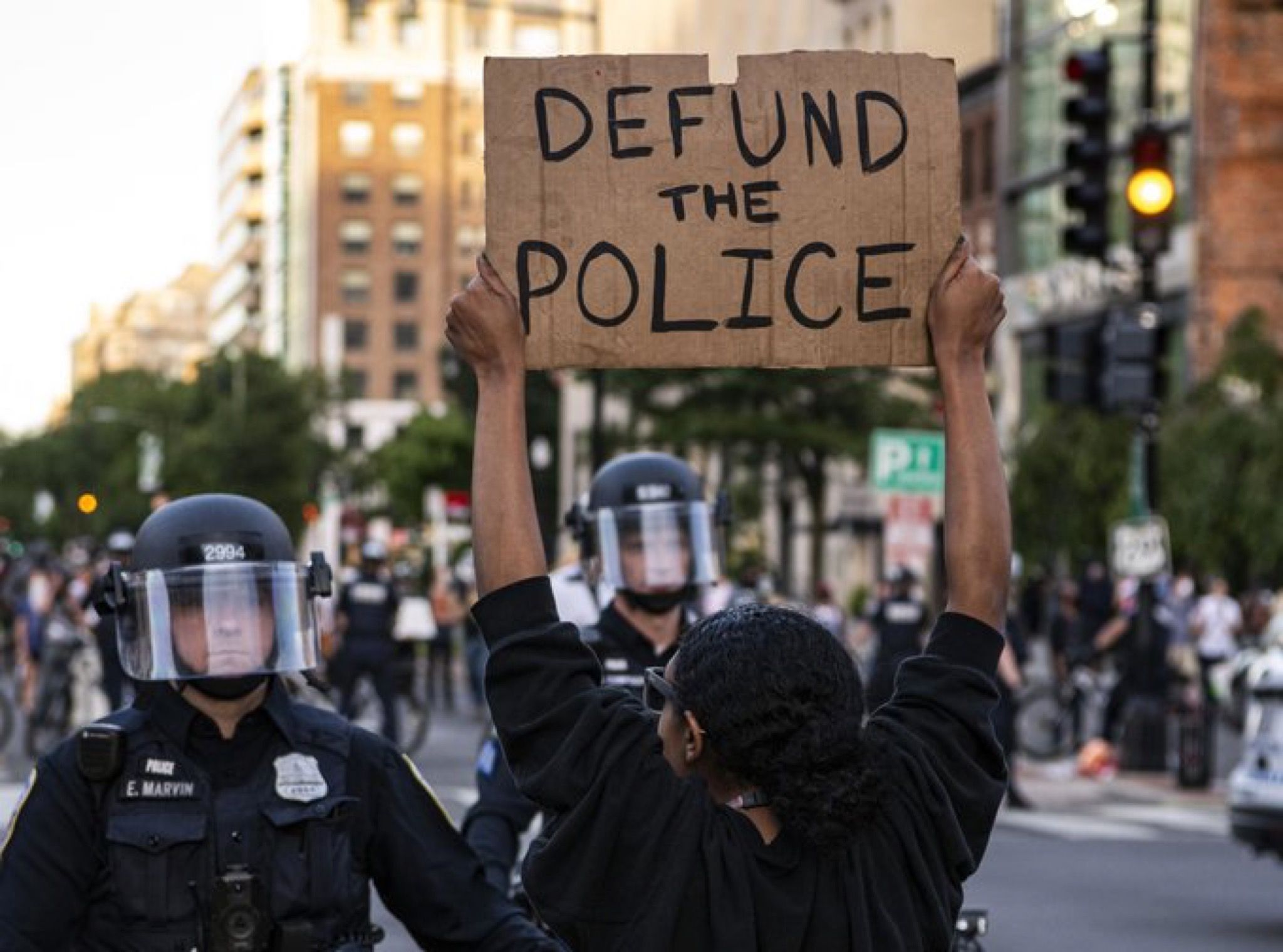
“We have a two-party system that limits the range of our political conversation, and both of those parties have played important roles in shaping our current vision of policing. Neither has shown any real interest in dealing with the problems of entrenched racism, deep economic inequality, or environmental sustainability.”
In your book, you distill your argument into an idea that some police might even agree with. The police, you argue, is simply being asked to do too much.
In New York City alone, there are over 5,000 police department personnel assigned to city schools. That’s more than all counselors and social workers combined. Rather than providing actual services for young people, failing schools are given to the police to manage. In turn, this increased spending on police and security is then used to justify cuts elsewhere in the education system. There’s a similar mechanism at work in the way we deal with unhoused people in America. Mass homelessness was allowed to take root in our cities because political leadership failed to take on housing markets and inequalities in labor markets. Instead of addressing those problems, we told the police to create homeless outreach units and use armed police to criminalize people for sleeping outdoors or in trains. One of the main things American police officers do day-to-day is responding to mental health calls. When we dismantled the state mental health system, we left people without supportive services. When they have crises, the only people they or their neighbors can call is the police.
If all these problems are as obvious as you make them appear, why are so many people still shocked by the suggestion to abolish or defund police?
Whether we call it “defund the police” or “police abolition,” it is always about a process. We all understand that there is no magic switch to simply make all policing go away overnight. It’s about identifying the specific things police should and shouldn’t be asked manage. If we do that, we can also ask whether or not there are credible alternatives, ideally ones that don’t involve dehumanizing people. We can start with the easy stuff like school policing and mental health crisis calls. But there is also strong evidence backing up non-police strategies to reduce shootings, to reduce homicides, to reduce sexual assaults, to reduce burglaries. What we need is the political will to begin implementing these community-based strategies. This, in turn, would allow us to get rid of gang units and gang databases, and gun interdiction units that are closely tied to violence, abuse, and corruption in American policing.
Can you give me an example of what an alternative could be?
In New York, we have a pilot program called “Cure Violence.” With that program, we hire people from the community who have been involved in violence and may have been incarcerated in their youth. Many of them are very eager to do something positive for their communities. We hire them, give them training and resources, and we have them connect with young people in the community who are most at risk of being involved in violence as both victims and offenders. Because of their mix of personal experience and professional training, our staff is uniquely able to teach young people non-violent ways of dealing with conflicts. We try to establish gang truces. We try to involve those young people in pro-social activities.
Does it work?
There was a high-quality experimental study where we compared neighborhoods with similar demographics. One neighborhood had a “Cure Violence” site, another one didn’t. And we saw that the “Cure Violence” site had dramatically greater reductions in shootings and homicides than those without that institution. When these programs are well-run and well-funded, they can reduce the violence without simply locking people away.
One remarkable thing about the recent movement is that some of the same activists now calling for police abolition were just recently demanding more aggressive prosecution of white-collar criminals and financial crimes. How do those two approaches fit together?
First, I think some of the activists calling for white collar criminals to be punished are really asking us to re-think how we evaluate the question of harm. In America, we have sometimes overlooked that harm to individuals and communities come in many shapes and forms. When a boss steals people’s overtime wages, when a corporation pollutes a community, or when a bank redlines an entire neighborhood based on race, these things cause harm. But the only thing policing focuses on are those street level events that we call “crime.”
Once we start to truly think about crimes in terms of the harm they cause, it will enable us to think about sanctions that go beyond revenge and incarceration. I think we need to completely reconsider what we mean when we say “justice.” In the United States, justice almost always means punishment. Accountability means incarceration. I think that’s a mistake, in part because this approach is terribly ineffective. I think that companies need to be held accountable for the harm they cause, but incarceration is not the only possible tool we can use to do that. There are a bunch of other ways that actually do more to repair injury and prevent future harm. We can take away people’s business licenses, we can tightly regulate their area of business, we can bring civil suits that come with monetary damages to compensate victims, and reconciliation processes that enable us to address not only individual harms but also the systems that made them possible.
People are asking for police abolishment and police defunding. Do those two demands amount to the same thing?
The movement uniting under the slogan “defund the police” is really about a whole number of things. The slogan points to the incredibly important realization that the police can only do what it does when government provides it with the necessary funds. Activists are noticing this and are doing the incredibly important work of turning out to budget hearings and crunching numbers. At the same time, it’s also about a bigger vision. People out on the streets are trying to figure out how to create a world that doesn’t to rely on police and prisons to manage our social problems. Now we don’t always know exactly what that future would looks like, but activists and communities are demanding to be part of the conversation to get there.
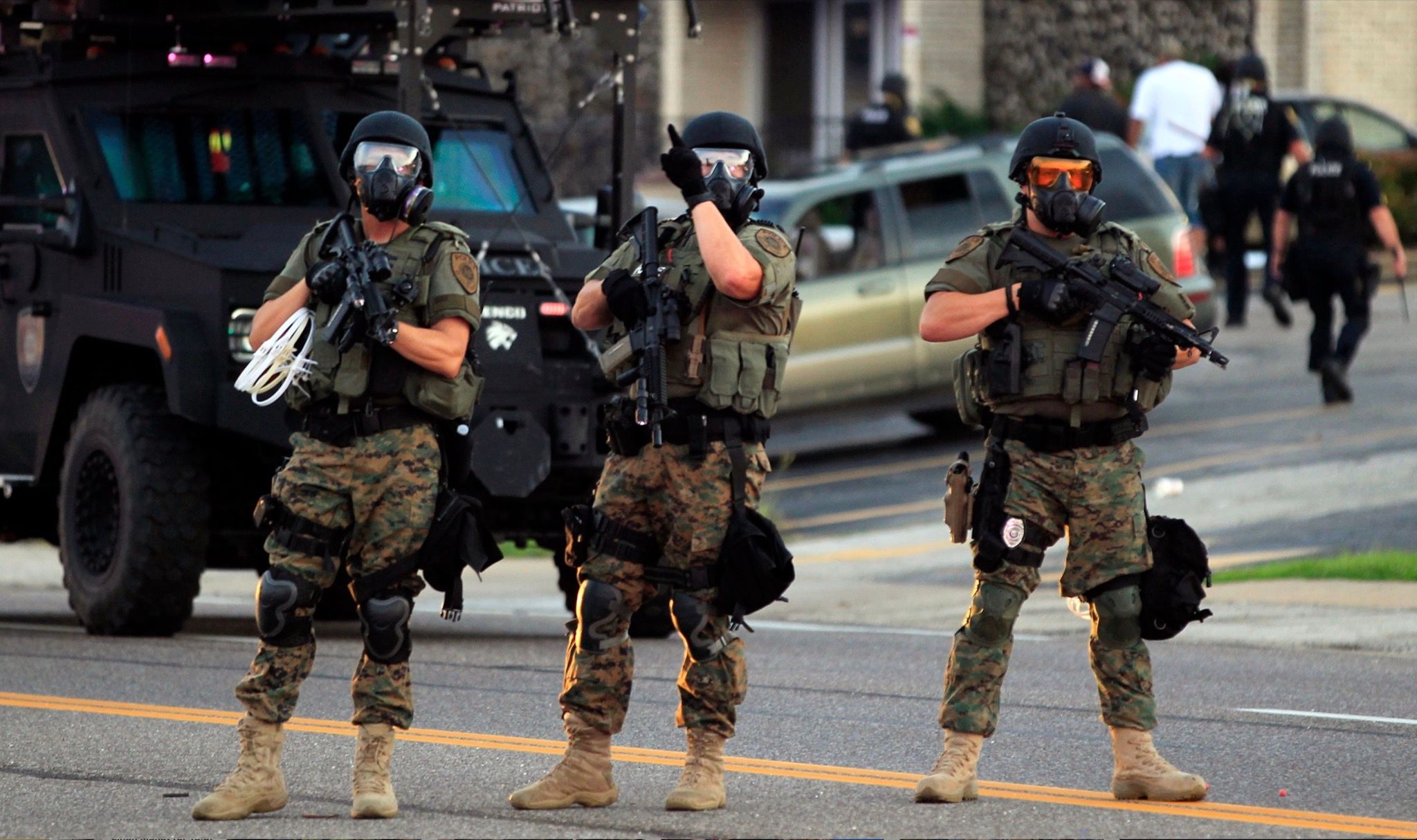
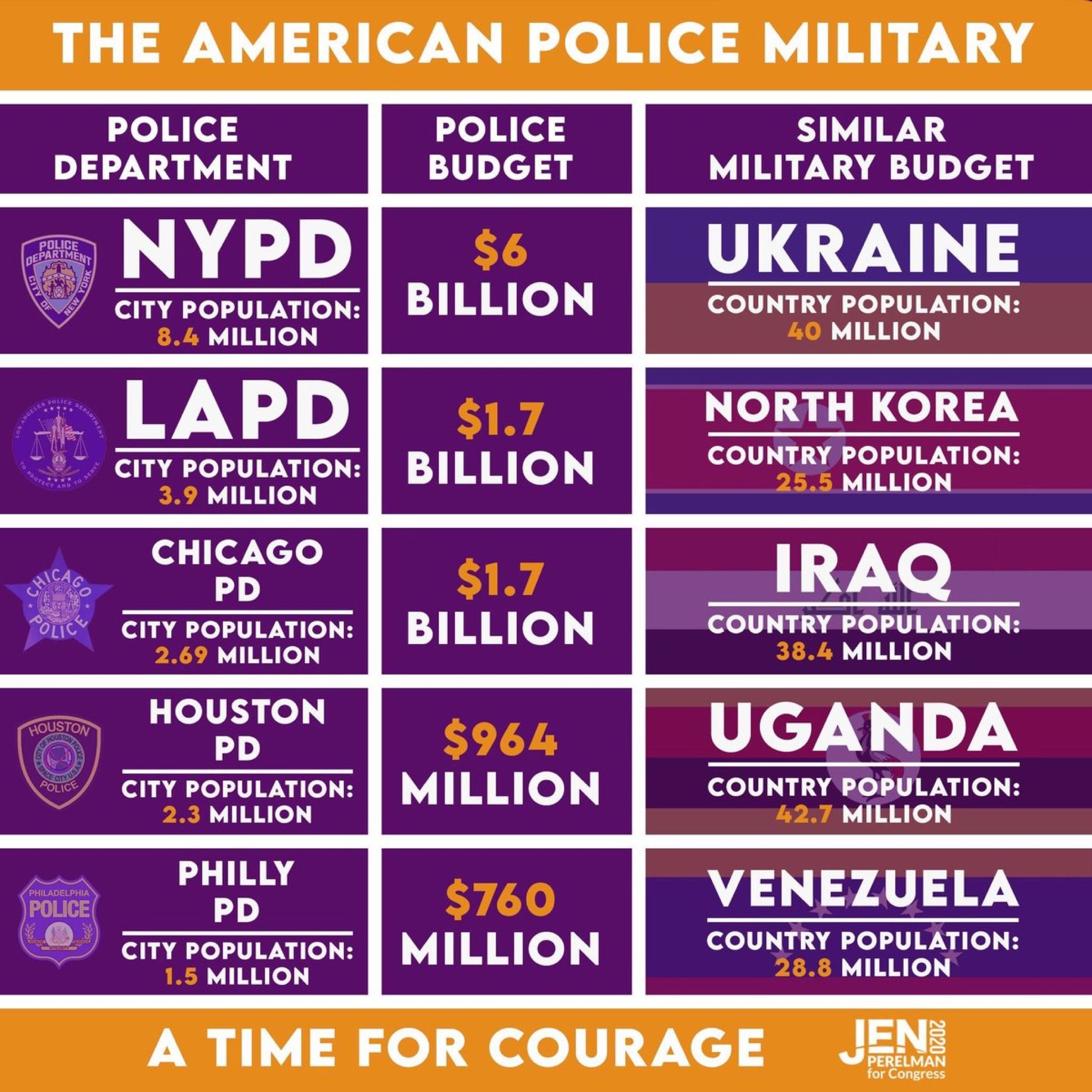
“Police are not out enforcing the law… they are micromanaging the public behavior of poor people.”
For some commentators, the impulse is to link all of this to the racist rhetoric of the Trump administration.
That is understandable, and I wish it was as simple as Trump versus Biden. But it obviously isn’t. We have a two-party system that limits the range of our political conversation, and both of those parties have played important roles in shaping our current vision of policing. Neither has shown any real interest in dealing with the problems of entrenched racism, deep economic inequality, or environmental sustainability.
One thing working on our behalf here is that policing in the United States is almost entirely a local affair. Police departments are funded through local budgets and overseen by mayors. We don’t even have to fix Washington in order to accomplish many of the concrete goals of this movement. Over the last weeks, we’ve seen hundreds of people turning out to local budget hearings, pushing cities like Los Angeles, New York, Minneapolis, and San Francisco to promise the reinvestment of policing money in communities. And it doesn’t stop there. There is a whole new generation of politicians at the local level who are campaigning on this platform of reimagining what justice means.
And the idea of defunding the police will win elections for them?
Messaging is obviously tricky here. “Abolish the police” has been important signal that we reject superficial reforms, but it often requires more explanation. And that full explanation can’t be easily reduced to a tweet or a social media tag. When we talk about investing and divesting, that risks making a life-or-death question sound like a merely bureaucratic one. In my work, I rarely use the word “abolish.” Instead, I talk about the need to address our over-reliance on policing and to produce public safety in non-coercive ways. But you can tell how that doesn’t quite have that sexy ring to it.
The popular American belief in the importance of police has become deeply visceral. How did this manage to eat itself so deeply into the American psyche?
One reason is that an increased reliance on police has often been echoed in popular culture. TV shows have given people the impression that police spend their time chasing serial killers and bank robbers. There is a lot of misunderstanding about what police do every day and its effectiveness. The average patrol officer makes one felony arrest a year. Police are not out enforcing the law. When they’re actually out, they’re usually there to maintain a particular vision of public order. They are micromanaging the public behavior of poor people, whether or not that behavior is technically illegal. It’s all about preserving a certain aesthetic vision of the city as if it has no problems. But our cities do have problems. Using police to mask them makes them worse, not better.
Credits
- Interview: Gregor Quack
